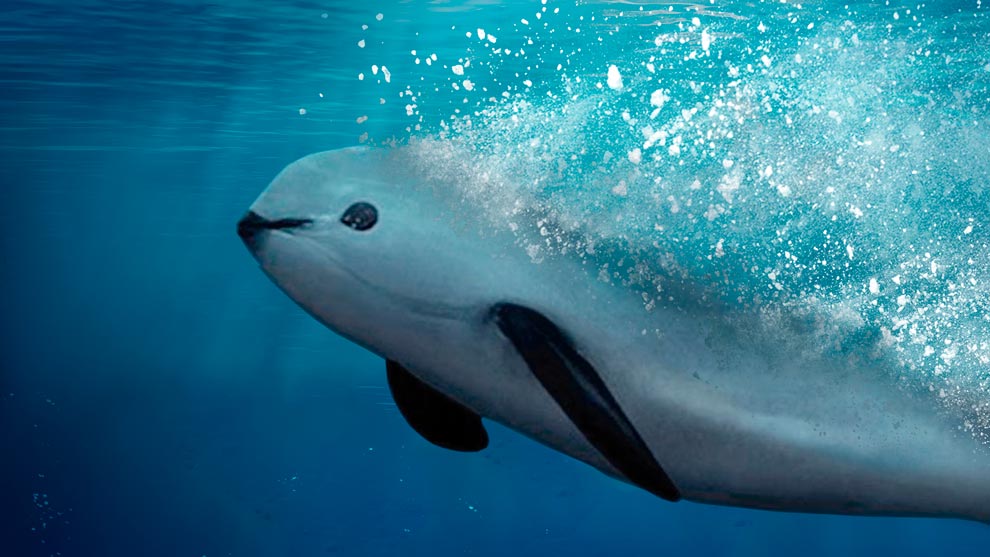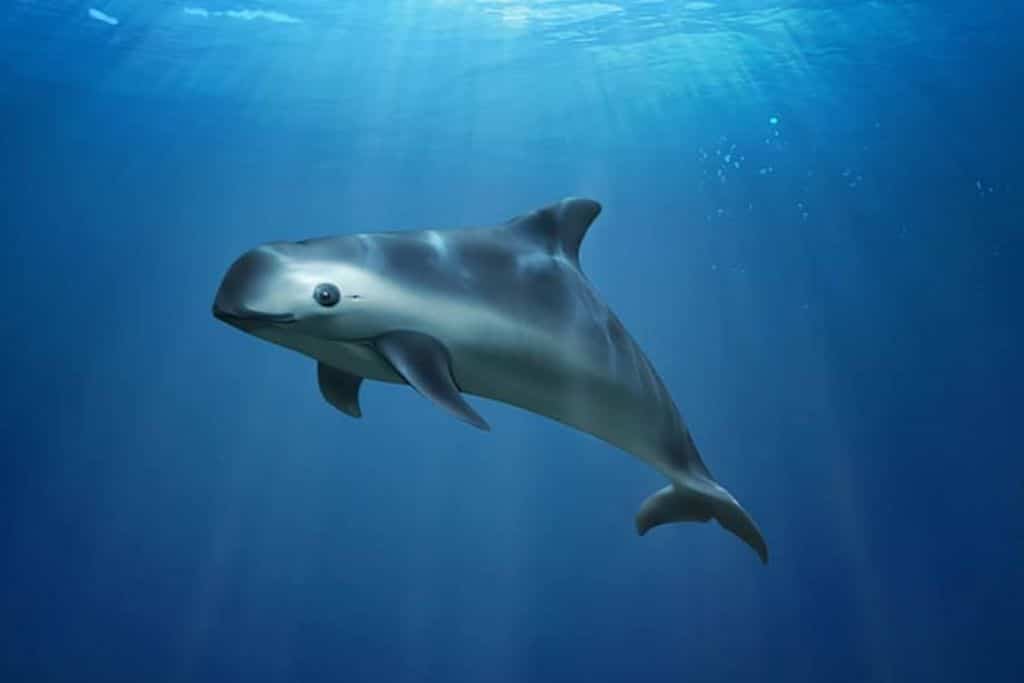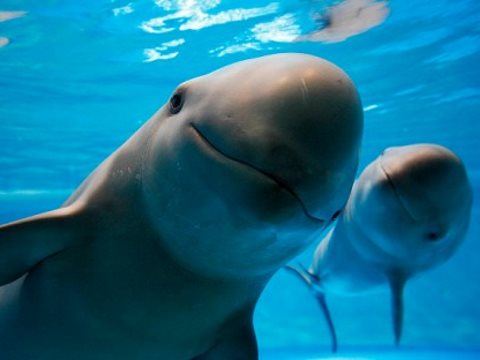The Vaquita: The World's Cutest and Most Endangered Sea Mammal
If you’ve never heard of the vaquita, you’re not alone. These small, shy and incredibly cute sea creatures are the smallest marine mammal in the world, measuring only five feet long and weighing up to 120 pounds. They also happen to be the most endangered sea mammal on the planet. So, let’s dive into 5 fascinating facts about the vaquita and why we should all care about their conservation.

Only 10 vaquitas remain in the world.
That’s right – there are only 10 vaquitas left in the world. This species has been listed as critically endangered by the International Union for Conservation of Nature since 1996. The main threat to the vaquita is unregulated fishing using gill nets in the Gulf of California.
The vaquita is adorably small.
Not only is the vaquita incredibly rare, but it’s also incredibly cute and tiny. With black rings around their eyes and black curved lips that resemble a smiling panda, the vaquita is sure to make you say “aww.”

Vaquitas are built to handle warm waters.
Unlike most porpoise species, which prefer waters below 69 degrees Fahrenheit, vaquitas can tolerate temperatures up to 96 degrees. This makes them uniquely adapted to the warm waters of the Gulf of California.
Vaquitas are only found in one part of the world.
The vaquita is only found in the Northwestern Gulf of California in Mexico. They don’t migrate, and their range is only about 4,000 square kilometers. While they are most closely related to porpoises in South America, they diverged from their relatives at least 2.5 million years ago.
Vaquitas are vital to the marine ecosystem.
Despite our limited knowledge of vaquitas, we know they play an important role in the marine ecosystem of the Gulf of California. As both predators and prey, they help keep the natural food chain in balance. Their conservation is vital to maintaining the health of this unique ecosystem.

The vaquita is a rare and incredibly important sea mammal that needs our help. By raising awareness, supporting conservation efforts, and advocating for sustainable fishing practices, we can help protect this adorable species from extinction.





